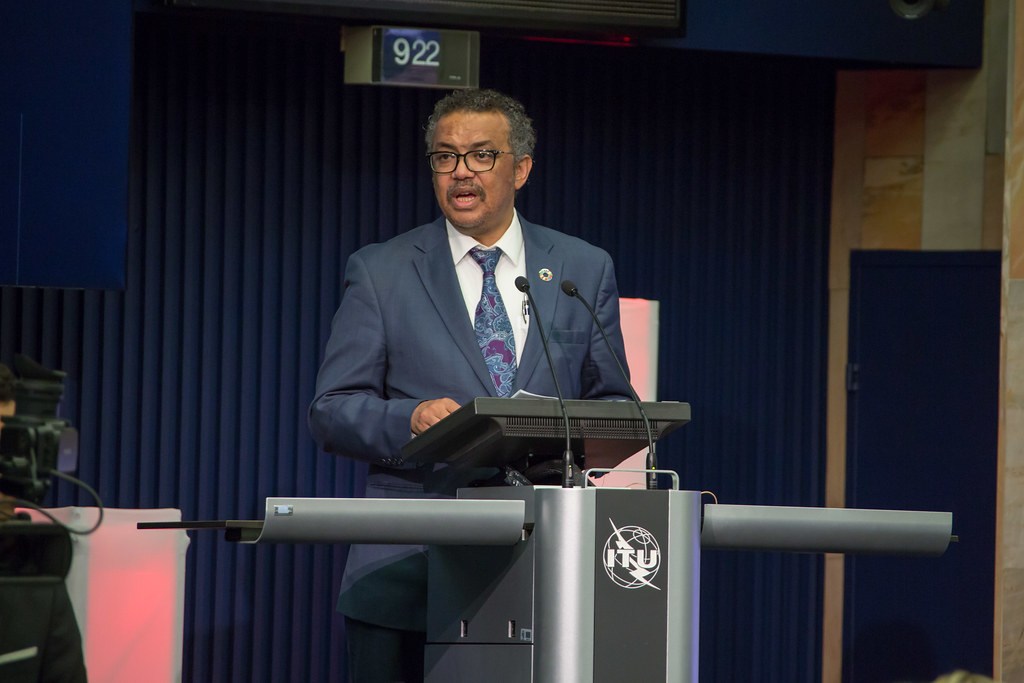The world needs to work together to develop a Covid-19 vaccine, WHO director-general Tedros Adnahom Ghebreyesus told the press on Tuesday.
Ghebreyesus stated that it is understandable for world leaders to protect “their own people first," but emphasised that the most effective response to this crisis will be a “collective” one.
Combatting the virus has been made more difficult for many countries due to logistical challenges like closing borders and the restriction of air spaces. These limitations have interrupted vital supply chains for items such as protective equipment.
“No one is safe until everyone is safe,” Ghebreyesus said. Cooperation should not be seen as “charity,” but rather as the most effective way to protect the world’s most vulnerable.
“We do it best when we do it together,” Ghebreyesus stated. “We need to prevent vaccine nationalism.”
The WHO director called on countries to work together in the areas of research and medicine, and the supply of much-needed items like vaccines.
Health workers and vulnerable people over the age of 65 or with pre-existing medical conditions will be among the first to receive the vaccine, following the proposal.
Ghebreyesus stated that he had sent out a letter to all WHO members (194 states out of 195, excluding Liechtenstein). In the letter, he asks members to join a multilateral vaccine effort that will see a future vaccine distributed to all countries simultaneously.
On 31 July, the WHO director-general called the pandemic a “once-in-a-century health crisis, the effects of which will be felt for decades to come.”
With vaccine nationalism, Ghebreyesus may have referred to United States President Donald Trump. In June, the country bought up the world’s stock of Remdesivir, the first coronavirus treatment to be approved by the EU. The European Commission was able to secure 30,000 new Remdesivir treatments at the end of July.
According to Reuters, more than 21.9 million have been infected with the virus worldwide, with 772,647 passing away following infection. Less than 10% of the global population has been shown to possess antibodies that can help protect them from the virus.
Amée Zoutberg
The Brussels Times

